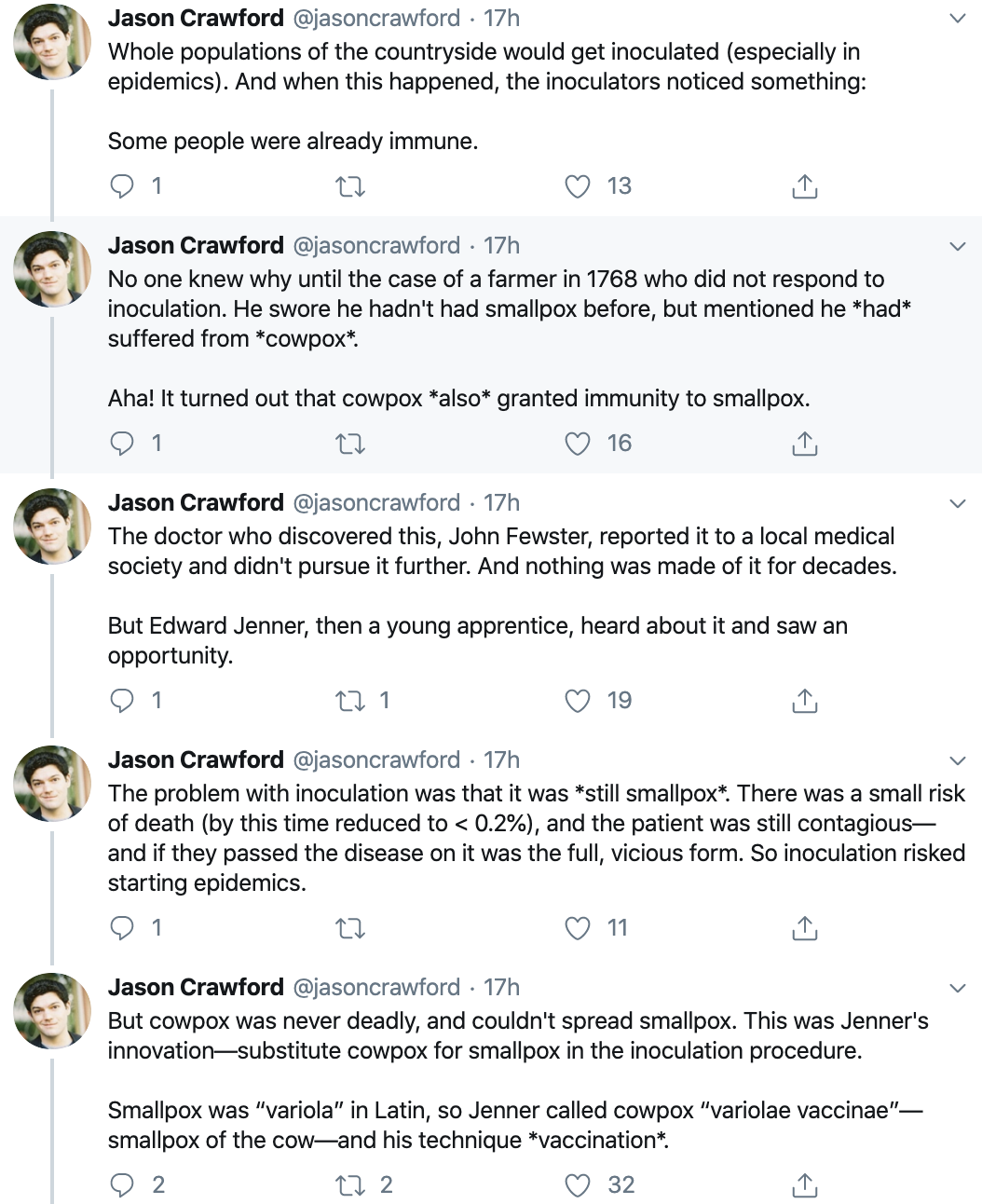What We’re Reading
These days, rents in many larger cities have exploded, making it much harder for a young person seeking better opportunities to afford to move. And low-wage jobs, after adjusting for the local cost of living, pay about the same everywhere.
The result is a nation where people move far less than they used to: Just 9.8 percent of Americans moved in the year ending in March, according to the newly released data. That was the smallest share since the Census Bureau started tracking it in 1947, and the first time it had fallen below 10percent, said William Frey, senior demographer at the Brookings Institution.
Why are we being overrun by scams? Society’s signals for judging reputation and trustworthiness haven’t caught up with the changing tech. Even though we know better, we reflexively mistake Instagram for reality — online influence is seen as a proxy for real-world authenticity, and so we are constantly falling under the sway of people who’ve found ways to game the digital realm. On your phone, the Fyre Festival looks irresistible.
Smallpox vaccine (whole thread is great):

Maybe you’ve heard Biden talk about his boyhood stutter. A non-stutterer might not notice when he appears to get caught on words as an adult, because he usually maneuvers out of those moments quickly and expertly. But on other occasions, like that night in Detroit, Biden’s lingering stutter is hard to miss. He stutters—if slightly—on several sounds as we sit across from each other in his office. Before addressing the debate specifically, I mention what I’ve just heard. “I want to ask you, as, you know, a … stutterer to, uh, to a … stutterer. When you were … talking a couple minutes ago, it, it seemed to … my ear, my eye … did you have … trouble ons? Or on …m?”
One way to understand the impact of these public social networks on humanity is to think of this as the era in which humans took their personal thoughts and lives public at scale. Billions of humans IPO’d, whether we were ready for it or not, explaining why the concept of a personal “brand” became such a pervasive metaphor.
In another era, most of us lived in social circles of limited scope. Family, school, coworkers, neighbors. We were, for the most part, private entities. Social media companies quickly hit on the ideal configuration for rapid network growth: take the interaction between any two people and make it public. Conversation and information-sharing became a democratic form of performance art.
Being rich does come with some downsides, though. The first thing you are thinking reading that, is, “cry me a river”. That is one of the downsides. You are not allowed to complain about anything, ever. Since most people imagine being rich as nirvana, you are no longer allowed to have any human needs or frustrations in the public eye. Yet, you are still a human being, but most people don’t treat you like one.
Have a good weekend.